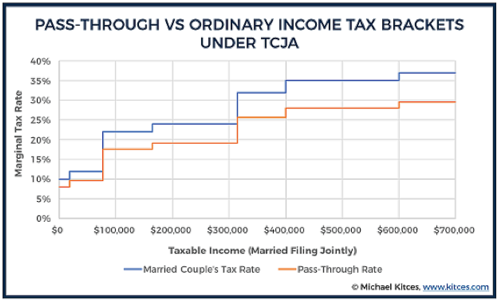Contributed by: Josh Bitel
There are many ins and outs of Social Security and I want to help you stay on top of them (without boring you with a pile of information). Here are easy explanations of two topics that can help you make the most of your benefits:
Where’s my Social Security statement?
Remember when you used to get a statement each year a few months before your birthday from the Social Security Administration (SSA)? Well if you haven’t seen it in a while that’s because the SSA stopped mailing to most folks back in 2011 (at a savings of $70M).
The SSA will begin mailing benefit statements every 5 years to those who haven’t signed up for online statements (those already receiving benefits get an annual statement). Paper statements are also mailed to workers age 60 and older three months before their birthday if they don’t receive Social Security benefits and don’t yet have a ‘My Social Security’ account. If you haven’t checked out the SSA website, I suggest doing so: www.ssa.gov. You may receive your statement, project future benefit amounts, as well as learn more about one of the nation’s largest expenditures.
Widowed? Research suggests that you might not be getting your fair share.
According to a recent report from the Social Security Administration Office of the Inspector General, as many as one-third of spouses age 70 and older are not getting the maximum social security benefit. The issue arises when a spouse initially receives “widow” benefits as early as age 60 (benefits based on your spouse’s earnings) and then later is eligible based on their own earnings record for a higher amount. As an example, Jan’s husband Paul passed away and Jan decided to begin receiving a widow’s benefit at age 60. At age 62-70, Jan may want to switch to benefits based on her earnings record if they are higher. Jan will need to be proactive as the SSA will not inform Jan if she is eligible for a higher amount. When in doubt – call the SSA and give them your social security number and the social security number of your spouse to learn about all of your options. That way, you can be sure you are receiving the maximum amount allowed.
Josh Bitel is a Client Service Associate at Center for Financial Planning, Inc.®
Links are being provided for informational purposes only. Raymond James is not affiliated with and does not endorse, authorize or sponsor the listed website or its respective sponsor.Raymond James is not responsible for the content of any website or the collection or use of information regarding any website's users and/or members.

















